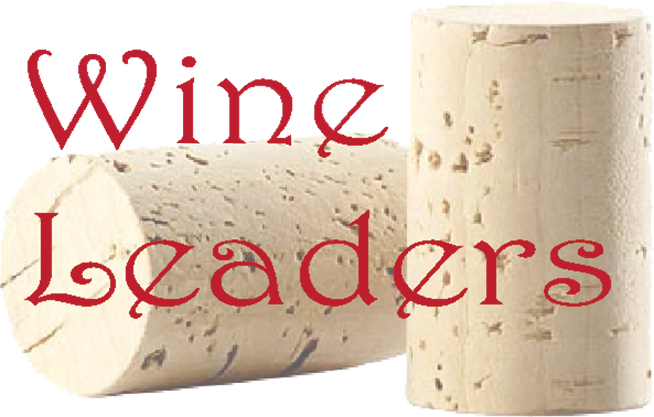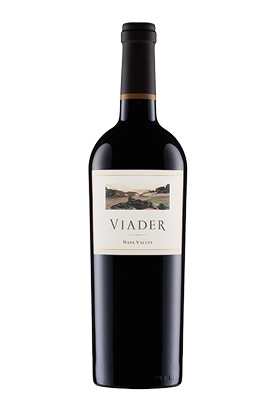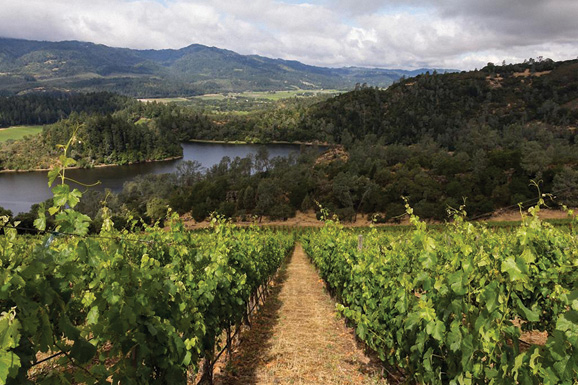- Home
- Media Kit
- Current Issue
- Past Issues
- Ad Specs-Submission
- Ad Print Settings
- Reprints (PDF)
- Photo Specifications (PDF)
- Contact Us

![]()
ONLINE

An Artistic Endeavor
Editors’ Note
Delia Viader came to the United States as a postgraduate student and holds a doctorate in philosophy from the Sorbonne University in Paris. She pursued advanced business studies at three American universities: MIT, UC Berkeley, and UC Davis. After MIT, she moved to California in the early 1980s. Recognizing the potential of Napa Valley as a wine region and with an initial loan from her father, Viader acquired the Howell Mountain property and set out to create a world-class wine estate, forging the vision and design for this unique hillside estate vineyard property, wine blend, and brand in 1986. Always “daring to be different,” Delia Viader decided to apply Bordeaux winegrowing and winemaking principles to her California estate. She pioneered a unique hillside vineyard cultivation method by planting vines in rows going up and down the mountain, following the path of the afternoon sun, down the steep slopes of Howell Mountain. This European planting design had never before been implemented in the area. Soon after successfully releasing her first vintage (1989 VIADER), it was clear that her efforts to develop VIADER were worthwhile.
Winery Brief
VIADER (viader.com) is a leading first growth Napa Valley estate established in 1986 by Delia Viader and located at 1,300 feet on the eastern slopes of Howell Mountain. VIADER is recognized around the world for consistently producing award winning, very limited production Bordeaux-style red blends.

A bottle of VIADER Napa Valley wine
Will you provide an overview of how the brand has evolved to where it is today?
I came to the U.S. as a post-grad student. It had nothing to do with winemaking or vineyards, and for me, it was a less romantic endeavor than it is for most people.
I was a single mom with kids in tow, and I needed to put food on the table so I thought a vineyard would be the perfect environment in which to raise my family.
I knew that whatever I didn’t know about wine growing, I could learn. I had a good background in business administration. I called on the best consultants in the area; I brought in a consultant from New Zealand who was an expert in hillside development, particularly organically grown grapes.
I was a pioneer of pesticide-free farming because my family home overlooks the vineyard.
Did you find this to be a very tough business?
Yes, and unless one is passionate about it, there is no point in getting involved. It’s not something where one waits for the sun and rain to do its magic and things grow perfectly.
It was definitely not in my mind to become a winemaker when I started, but once you get into it, wine takes you by surprise. I think wine “chose” me, and I became a fan of the creative part of winemaking. It’s a challenging business, but also very rewarding at many levels.

VIADER Vineyard
How do you describe what makes your wines special, and how hard is it to get that message out?
It’s not hard when one does it one-on-one. People can read it in my face and body language – I’m very passionate about the wines we make because, at this level, I can be on a first-name basis with every wine we make. We taste every single week during blending season until we get the selection of the best.
The word “craftsmanship” has been so overused, but at our small scale, it’s very much an artistic endeavor and something we do from the bottom of our hearts.
Because we’ve been making wine for more than 30 years from our own vineyard, our wines are very consistent. We only make red wines. I’ve planted our vineyards in a way that is common in Europe, in an East/West orientation on a 32 percent slope, which provides perfect drainage as well as sun exposure. The vines were planted closer to the ground, and our soil is very rocky. Closer to harvest, during the hottest hours of the day, the canopy filters the sun protecting the grape bunches. By day’s end, when the sun sets, that trapped heat in the rocks gets released providing up to two hours, every day, of a perfect band of temperatures for the grapes to keep ripening slowly, which puts me at an advantage of often being up to two weeks ahead of schedule for harvest with grapes being perfectly ripe before they are exposed to any danger of rain.
Because of our microclimate, we get a big swing between the night and day temperatures, which also provides perfect acidity retention.
Our conditions are ideal but optimized by design. The things we can control, we do control. The weather plays a part, but in general, ours are wines of harmony between acidity, tannins, and alcohol. Perhaps the influence in the style of wine we make is European because although I was born in Argentina, I lived and studied in Europe, and both my parents were European.
VIADER wine has an international appeal. Over the past 30 years, our wine has been distributed in more than 30 countries, including 46 states in the United States.
I consider that the wines have proven to be world-class because it’s not only the market in the U.S. but also the market overseas that approves of them.
How important is sustainability to the brand?
Sustainability is an ingrained value at VIADER, in the vineyard, the cellar, the local community, and on the less-glamorous business end of running a super-premium wine program that can handle the curve balls that nature might throw our way.
My son, Alan, who wears both hats in the role of Winemaker and Vineyard Manager, has been instrumental in implementing a variety of biodynamic, organic, and sustainable practices in the vineyard and cellar over the years and is constantly on the lookout for new technologies and methods of delivering better wine quality in the most efficient and environmentally responsible way possible.
In fact, just this year, the winery became Napa Green Certified, a comprehensive environmental certification for wineries, which takes a holistic approach to sustainability. We are currently working towards a Certified California Sustainable Winegrowing distinction, a statewide sustainability certification.
When you have a new release, does it provide an opportunity to appreciate what you have built?
I do take those moments and if I can share them, I’m even happier. It’s one of the reasons why my kids have joined the business. If I find an audience that enjoys a good glass of wine, I love surprising them with something they’ll appreciate. That’s how I build relationships with people who come to our winery and who then become part of our family.•